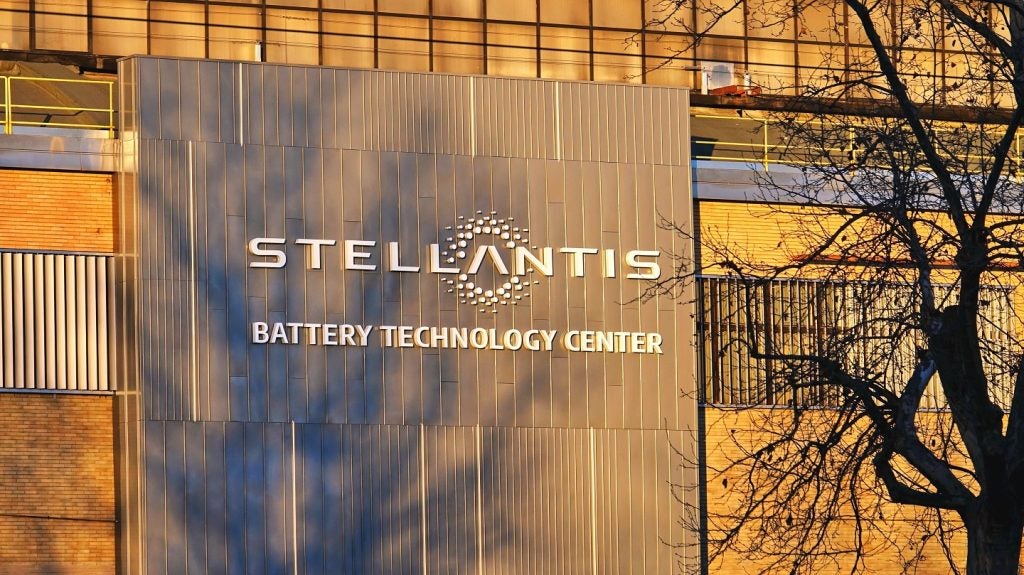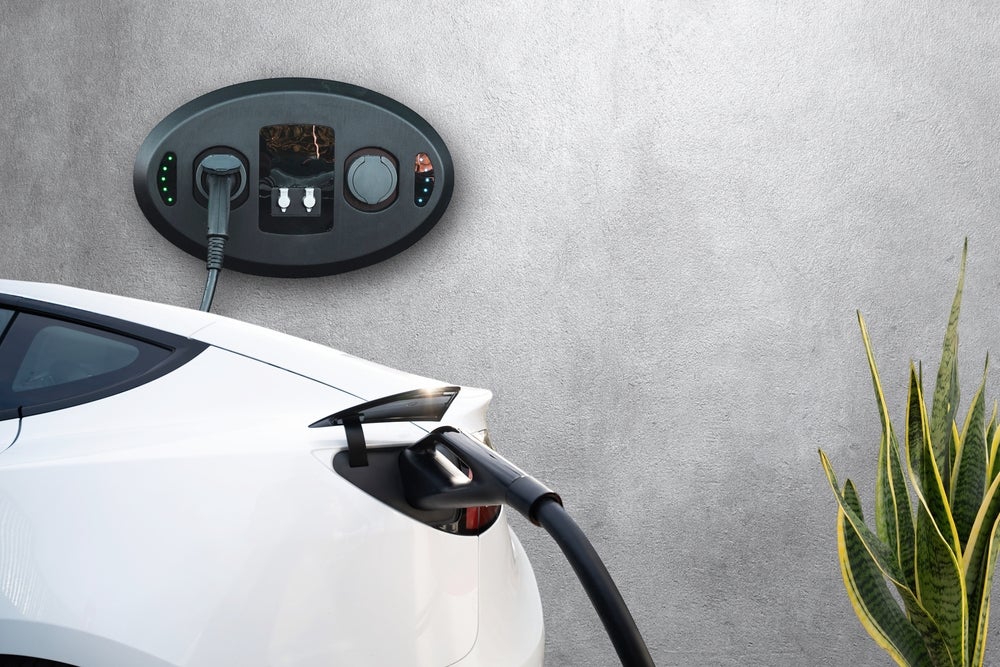
According to data from Auto Trader’s Retail Price Index, the growth in used car retail values has softened slightly this month, easing from an increase of 3.2% year-on-year (YoY) in June to 2.8% in July (up to 20th). On a month-on-month (MoM) basis, however, average retail prices have risen 0.3%.
The headline figure masks strong rates of growth across fuel types and age cohorts, especially among older cars, which due to strong market health dynamics, are rocketing.
In fact, the current average retail value of a second-hand car aged over 15 years old is £5,805, which is an 8.7% increase on July 2022, and a 2.6% increase on last month, June 2023.
Average prices of 10-15-year-old cars (£6,634) are up a slightly more conservative 1.4% MoM but have increased a whopping 11.1% YoY. This is on top of the year-on-year 26.5% growth recorded a year earlier in July 2022.
The rapid increase is being fuelled, in part, by supply pressures dominating robust consumer appetite, with current levels of demand (up 19% YoY) outpacing the availability of stock (up 7% YoY).
The constraints in the supply of older age cohorts today are the result of the financial crisis of 2008, where volumes of brand-new cars were slower to flow through into the retail market.
How well do you really know your competitors?
Access the most comprehensive Company Profiles on the market, powered by GlobalData. Save hours of research. Gain competitive edge.

Thank you!
Your download email will arrive shortly
Not ready to buy yet? Download a free sample
We are confident about the unique quality of our Company Profiles. However, we want you to make the most beneficial decision for your business, so we offer a free sample that you can download by submitting the below form
By GlobalDataThe only age cohort to record a contraction in value this month is those vehicles aged 1-3 years old, with the average retail price (£27,003) currently down -2.0% on last year.
This softening is being driven by the ongoing drop in the value of low-emission vehicles which are dragging back the average values for this age group of cars.
In fact, whilst the retail value of petrol and diesel cars aged 1-3 years old have both increased 3%YoY, their plug-in-hybrid and electric counterparts have fallen -15% and -24% respectively.
Electric retail values continue to contract, but stabilising as the supply surge slows.
This disparity between traditionally and alternatively fuelled cars is consistent with the wider retail market. With the rate of supply growth (+174% YoY) continuing to outpace the otherwise robust levels of growth in consumer demand (+6% YoY), electric vehicle retail prices (across all ages) are still contracting on a YoY basis, with current values (£31,622) down -20.7% on last year.
In contrast, the average retail price of a used petrol (£16,519) and diesel (£16,570) car, of any age group, is up 5.2% and 5.1% YoY respectively.
There are clear indications, however, that the market is stabilising, with this month recording the lowest level of MoM contraction since August 2022. At -0.1% this month (to date), it’s a marked improvement on the -0.9% MoM recorded in June, -1.5% in May, and -1.6% in April. This has been helped by slowing levels of supply into the market, as retailers sell through available cars.
In terms of the speed in which they’re sold, electric vehicles have gone from being the fastest to leave retailers’ forecourts (up until late summer of last year), to being substantially slower than any other fuel type.
Due to these improving supply and demand dynamics, as well as finding a price point that’s attracting sufficient numbers of car buyers to meet the increased levels of supply, EVs are now leaving forecourts much faster.
In fact, the current speed of sale is on par with petrol cars, at just 30 days, making them the joint fastest-selling fuel type, and the fastest speed of sale for electric vehicles in nine months.
Commenting on the research, Auto Trader’s director of data and insight, Richard Walker, said: “Average retail prices have been increasing for 40 consecutive months, but since the start of the year we’ve seen a steady acceleration in retail price growth.
“Although this has slowed slightly, it’s not an indication of a market in reverse, and anyone anticipating a drop in retail prices anytime soon will be sorely disappointed. Despite the economic headwinds, demand remains buoyant, which combined with the ongoing constraints on new and second-hand car supply, will keep retail values stable.
“Increasing used car prices does have the potential to place added pressure on motorists who are already feeling the squeeze on their household finances.
“However, most car buyers should be insulated if they have a car to sell or to exchange, as it’s not just the price of the car on retailers’ forecourts that are rising, so too is the car on driveways, and in many instances likely to be worth considerably more than expected.”
Sue Robinson, chief executive of the National Franchised Dealers Association (NFDA), added: “The used car market continues to function in good stead; values are rising, supply is improving, and demand is robust.
“Electric vehicle prices are also stabilising which is positive, the price parity between EVs and ICE has always been one of the significant barriers to adoption for motorists.
“With used EV prices declining and edging increasingly closer to the price range of consumer budgets, the data is starting to show an uptick in demand, opening doors of opportunity for retailers to take advantage of this market.”
JBR Capital launches new luxury car report







